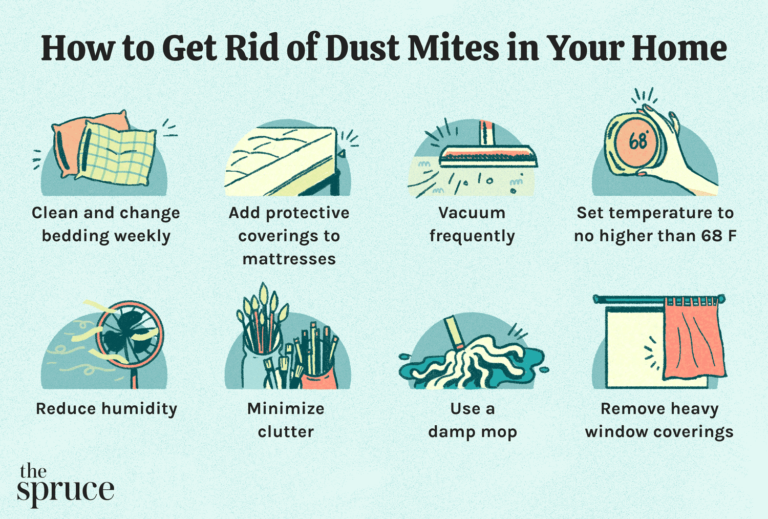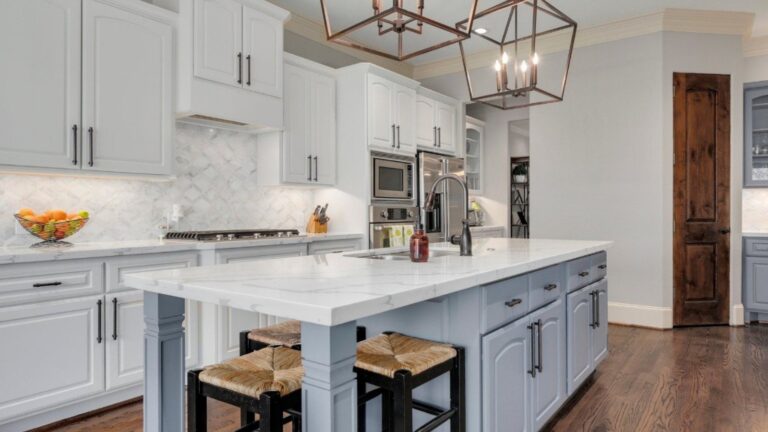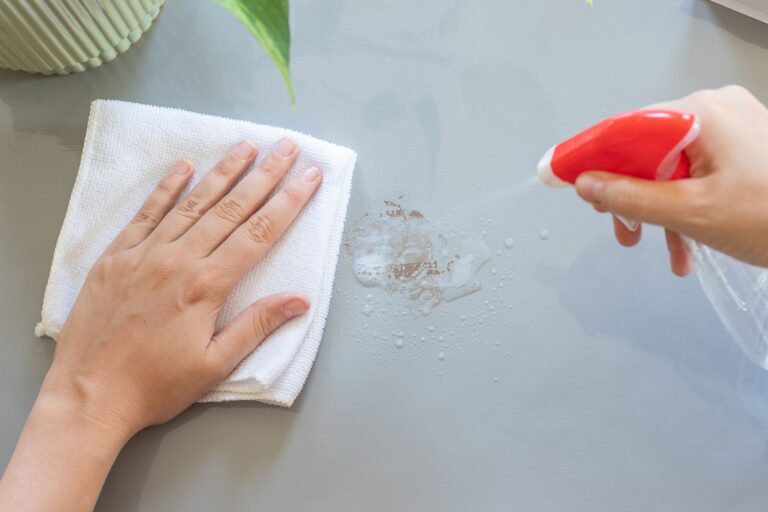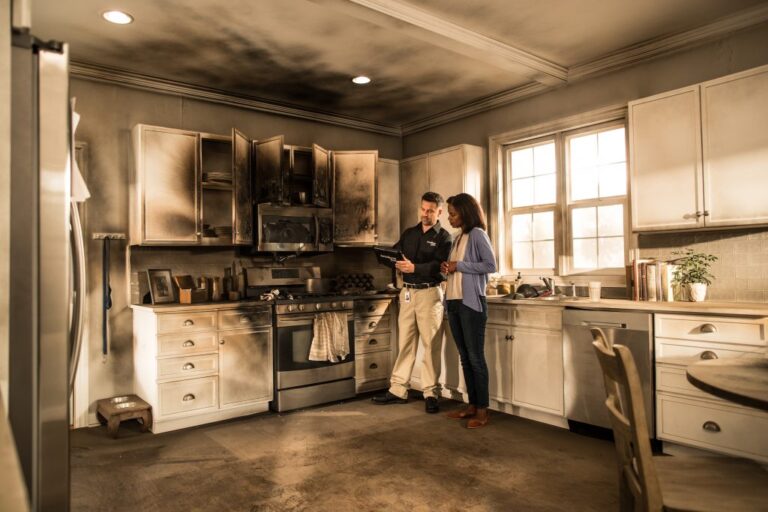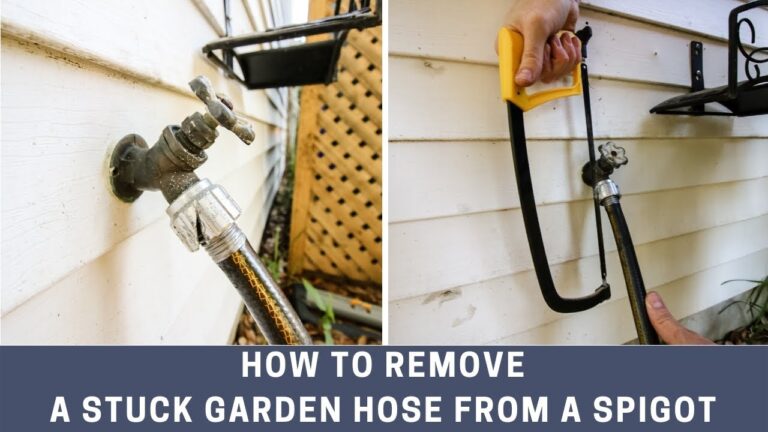How Long Does Kitchen Backsplash Last?
The kitchen backsplash is one of the most important components of a kitchen. It not only adds to the visual appeal of the room, but it also protects the walls from grease, water, and other messes. But how long does a kitchen backsplash last? The answer largely depends on the materials used and the amount of care and maintenance it receives. With proper care and maintenance, kitchen backsplashes can last for several years, if not decades. In this article, we will discuss the materials that are commonly used for kitchen backsplashes, as well as the factors that affect the longevity of the backsplash.
Benefits of Installing a Kitchen Backsplash
The addition of a kitchen backsplash is a great way to quickly update the look of any kitchen and introduce a stylish and modern aesthetic. Not only does it add a decorative touch to the space, but a backsplash is also highly functional and provides many benefits. From protecting walls from spills to creating a unique focal point, there are many reasons to consider installing a kitchen backsplash.
The installation of a backsplash provides an easy-to-clean surface and helps protect the wall from splatters, grease, and other kitchen messes. This makes kitchen clean-up a breeze, as all that’s needed for a quick wipe-down is a damp cloth. Backsplashes also provide an additional layer of insulation, which helps reduce energy costs by keeping the kitchen warm and cozy.
Backsplashes can also help add a decorative touch to the kitchen, with a variety of materials, colors, and patterns to choose from. From classic subway tile to exotic mosaics, a backsplash can instantly elevate the look of any kitchen. Additionally, it can be used as a focal point to draw attention to a particular area, such as a range hood or range top.
When properly installed and maintained, kitchen backsplashes can last for many years. Sealed tiles or grout should be cleaned regularly to keep them looking their best, but otherwise, they should require minimal maintenance. With the right care, a kitchen backsplash can provide many years of protection and beauty.
Types of Kitchen Backsplashes
When it comes to kitchen renovation, one of the most important decisions is choosing the type of kitchen backsplash. With so many styles, materials, and colors to choose from, it can be hard to know where to start. From ceramic tiles to glass and stone, the options for kitchen backsplashes are endless. Each type has its own pros and cons, so it’s important to consider what will best suit your needs before making your final selection.
Ceramic tiles are one of the most common kitchen backsplashes, as they are easy to install and customizable in terms of pattern and color. While ceramic tiles are durable, it’s important to be aware of the grout lines, as they can easily become stained and discolored.
Glass tiles are another popular option, and they are a great choice for those who like the look of glass but don’t want to sacrifice durability. Glass tiles don’t require grout, so there is no need to worry about discoloration. Glass tiles are also easy to clean and maintain, making them a great choice for busy households.
Stone is a great option for those who want a unique and luxurious look. Stone tiles come in a variety of colors and textures, and they are extremely durable and long-lasting. However, they are also more expensive than other materials and difficult to install and maintain.
No matter which type of kitchen backsplash you choose, it’s important to remember that with proper care and maintenance, your kitchen backsplash can last for years to come. By understanding the different types and how to care for them, you can make sure your kitchen looks great for years to come.
Factors That Affect the Durability of a Backsplash
When it comes to making your kitchen look and feel its best, the backsplash is a key element. But how long does a kitchen backsplash last? To answer that, it’s important to understand the factors that affect its durability.
The materials used to construct the backsplash will have a huge impact on its longevity. Ceramic, granite, and stone tiles are the most popular options and they all offer excellent durability. Stainless steel, glass, and wood can also be used but they may not last as long as the other materials.
The amount of use your backsplash receives is also a factor. If your backsplash is in an area that is constantly exposed to moisture or grease, it will need to be cleaned more often and may need to be replaced sooner. The quality of installation is also important as a poorly installed backsplash may not last as long as one that is installed correctly.
Finally, maintenance is a key factor in determining how long your backsplash will last. Regular cleaning and sealing will help to keep the material looking great and will extend its life.
By understanding these factors, you can make an informed decision when selecting a backsplash and you can rest assured knowing it will last for many years to come.
Care and Maintenance Tips to Extend the Life of a Backsplash
When it comes to kitchen remodeling, the backsplash is often an integral part of the design. It’s important to select a material that is both attractive and durable, as well as maintain it properly to ensure it lasts for years to come. To get the most out of your kitchen backsplash, there are several steps you can take to extend its life, such as sealing it regularly, cleaning it with gentle products, and avoiding abrasive materials.
Sealing your kitchen backsplash is a great way to protect it from moisture and dirt. Sealing only needs to be done once every few years, and can be done with a sealant spray or a sealant brush. The sealant will create a barrier between the surface of the backsplash and the dirt and grime that could otherwise damage it.
It’s also important to clean your backsplash regularly. Using a gentle cleaning product is ideal, such as a mild dish detergent or warm, soapy water. Avoid using abrasive materials, which could scratch the surface of the backsplash and cause it to deteriorate over time.
Finally, it’s important to avoid placing any items directly on the surface of your backsplash. This includes pots and pans, as well as heavier items like cutting boards or baking sheets. Placing these items on the backsplash can cause scratches and other damage that can shorten its life.
By taking a few simple steps, you can extend the life of your kitchen backsplash and ensure it continues to look great for years to come. With proper care and maintenance, a backsplash can last anywhere from five to ten years, or more.
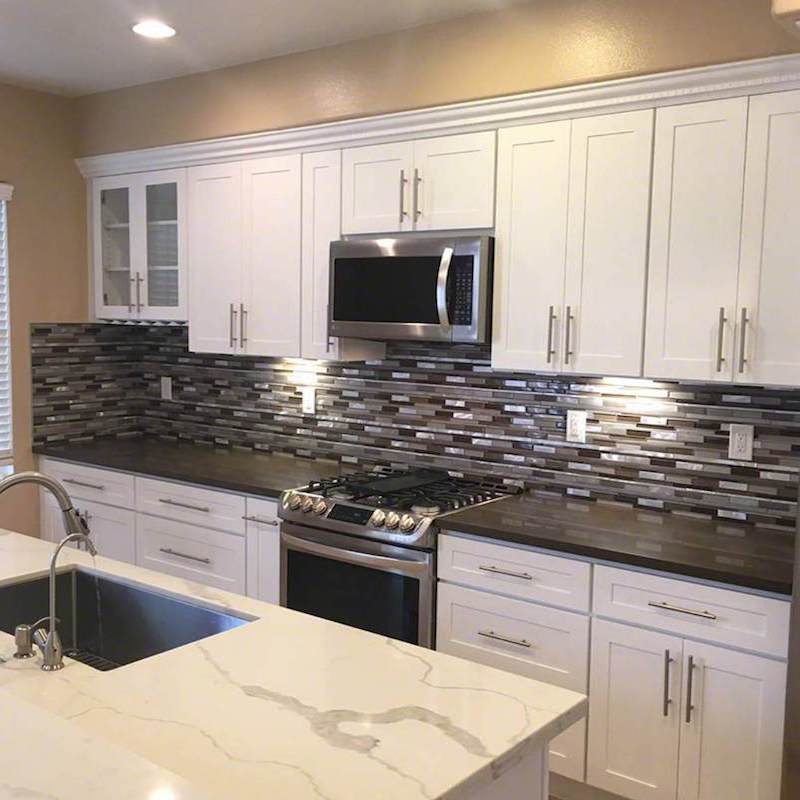
How to Choose a Backsplash That Will Last
When it comes to adding a stylish accent to your kitchen, a kitchen backsplash is the perfect choice. But how can you ensure that your backsplash will stand the test of time? To make sure your backsplash lasts, it is important to consider the materials, installation, and maintenance.
When selecting a backsplash material, opt for ones that are durable and easy to clean, such as ceramic, glass, and stainless steel. These materials are resistant to heat, water, and other elements, and won’t easily chip or discolor. However, natural stone and concrete backsplashes require more maintenance and may need to be sealed yearly to prevent staining.
Be sure to hire a professional to install your backsplash. Poorly installed tiles may shift and crack, leading to costly repairs. Additionally, grout can easily become stained and discolored if not sealed properly, so use a high-quality grout sealer for added protection.
Finally, regular cleaning will help keep your backsplash looking great. Wipe down the surface with a damp cloth and mild soap and use a sealer as needed. By taking the necessary precautions, you can ensure that your kitchen backsplash will last for years to come.
Cost Considerations for Installing a Backsplash
Installing a backsplash in your kitchen not only adds a stylish update to your space, but it can also protect your walls from the daily wear and tear of cooking. However, one of the most important considerations when deciding to install a backsplash is the cost. Depending on the type of backsplash you choose, the installation process may be more or less expensive. There are a few things you should consider when evaluating the cost of your kitchen backsplash.
The first factor to consider is the type of material you choose for your backsplash. There are a range of materials, such as ceramic tile, stainless steel, glass, and stone, that vary in cost. For example, ceramic tiles tend to be the most affordable, while natural stones like marble and granite can be more expensive. Additionally, the labor cost for installation will depend on the complexity of the design and the type of material you choose.
The second factor to consider is the size of the area you plan to cover. Larger areas will require more material and installation time, which will increase the overall cost. You should also factor in the cost of any additional materials like grout, sealant, and adhesive.
Overall, the cost of installing a backsplash in your kitchen will depend on the type of material you choose, the size of the area you cover, and any additional materials needed. If you plan ahead and do your research, you can find a backsplash that meets your needs without breaking the bank.
Common Issues Associated with Kitchen Backsplashes
A kitchen backsplash is a useful addition to any kitchen. While they are designed to be durable and long-lasting, there are some common issues that can arise with kitchen backsplashes that need to be addressed. To ensure that your kitchen backsplash will last for years to come, it’s important to understand what can go wrong and how to prevent it.
Moisture is one of the most common problems associated with kitchen backsplashes. Since they are typically installed in areas with high humidity, it is important to seal the edges of the backsplash to prevent moisture from seeping in. Additionally, regular cleaning and resealing of the backsplash can help extend its lifespan.
In addition, if the backsplash is installed incorrectly, it can lead to loose tiles, uneven seams, and gaps. These issues can all cause problems with the backsplash’s appearance and durability. It is important to make sure that the backsplash is properly installed and that all the seams are even and sealed.
Regular maintenance is also key to making sure that a kitchen backsplash lasts. Cleaning the backsplash on a regular basis can help prevent dirt and grime from building up and causing damage. It is also important to inspect the backsplash regularly for any signs of cracking or chipping.
By understanding the common issues associated with kitchen backsplashes, you can make sure that your backsplash will last for many years to come. With the proper care and maintenance, your kitchen backsplash should last for years without any problems.
DIY Installation Considerations for a Kitchen Backsplash
Installing a kitchen backsplash can be a daunting task for the average homeowner. But if you’re willing to put in the time and effort, it’s a great way to spruce up your kitchen and add a unique touch. But how long does a kitchen backsplash last? The answer depends on the materials used and the care taken during the installation process.
When it comes to installing a kitchen backsplash, DIYers must consider the material they are using, the size and shape of the space they are working with, and the design they are creating. For example, tile is the most popular option for kitchen backsplashes because it is durable and easy to clean. However, it requires a precise installation process and must be sealed to protect against water damage. Other materials, such as glass or stone, may be more difficult to install, but they may be more suitable for certain designs.
In terms of longevity, the average kitchen backsplash should last anywhere from 5 to 10 years with proper maintenance. Regularly scrubbing and resealing the material as needed will help to extend its life. Additionally, be sure to check for any signs of wear or damage and repair them quickly to avoid further damage.
Ultimately, the length of time your kitchen backsplash will last depends on the quality of materials used, the care taken during installation, and the maintenance routine that is followed. With the right combination of these factors, you can enjoy your beautiful kitchen backsplash for years to come.
FAQs About the How Long Does Kitchen Backsplash Last?
1. How long does a kitchen backsplash last?
A kitchen backsplash can last anywhere from 10-20 years, depending on the material used and how well it is cared for.
2. How can I make my kitchen backsplash last longer?
Regular cleaning and maintenance can help extend the life of your kitchen backsplash. Make sure to clean up any spills or splatters immediately and avoid using abrasive cleaners.
3. What materials are best for a kitchen backsplash?
The best materials for a kitchen backsplash are durable and water-resistant, such as ceramic, glass, stone, or stainless steel. Other materials, such as wood, may require more maintenance and may not last as long.
Conclusion
In conclusion, the longevity of a kitchen backsplash depends on the material used and how well it is maintained. Generally, kitchen backsplashes last anywhere between five to twenty years, depending on the material and maintenance. Natural stone and ceramic tile are known to last the longest, while vinyl and laminate are the least durable. Regular cleaning and sealing can help extend the life of any backsplash.
